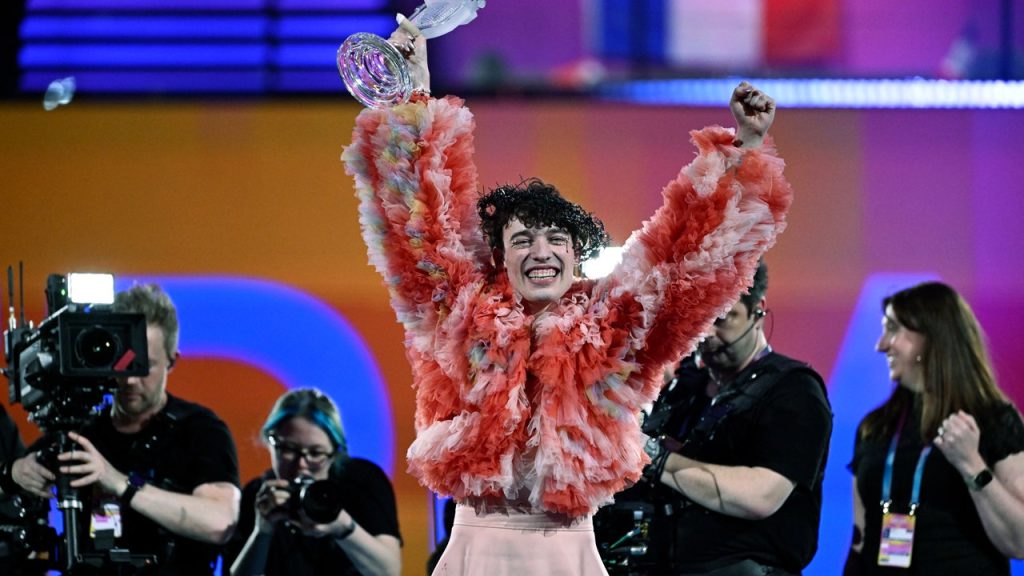The Eurovision Song Contest faced controversy following the final, with the European Union criticizing organizers for banning its flag from the concert hall. EU Commission Vice President Margaritis Schinas wrote a letter expressing concern that the ban discredited a symbol that unites all Europeans. The EU plans to have a discussion with the organizers about the ban, as the flag is seen as a unifier for many member states. Schinas expressed disappointment that the ban overshadowed what was meant to be a joyous occasion for people across Europe and the world to come together in celebration.
The flag of the European Union is a common sight at events throughout the EU, often alongside national colors. Schinas noted the timing of the ban, just ahead of EU-wide parliamentary elections and at a time when the EU faces criticism and attacks from extremist parties. The letter from the EU Commission Vice President questioned the stance of the European Broadcasting Union, which organizes the contest, leaving viewers wondering about the values upheld by the Eurovision Song Contest. The controversy surrounding the ban added to existing issues during the weeklong contest, including protests related to the war in Gaza and the disqualification of the Dutch participant.
Ahead of the final, organizers stated that only flags representing participating countries and the rainbow-colored flag, a symbol for LGBTQ+ communities, were allowed in the concert hall. Swiss singer Nemo emerged as the winner of the 68th Eurovision Song Contest with “The Code,” a unique operatic pop-rap performance about embracing a non-gender identity. Despite the controversy and disagreements, the event showcased a variety of musical talents and performances from across Europe and beyond. The Eurovision Song Contest has a long history of bringing people together through music, and while controversies may arise, the focus remains on celebrating diversity and creativity.
Overall, the Eurovision Song Contest faced criticism for banning the flag of the European Union from the event hall, leading to a letter of concern from the EU Commission Vice President. The ban sparked debate and raised questions about the values and inclusivity of the contest. Organizers faced additional challenges during the weeklong event, including protests and disqualifications, but ultimately the focus remained on the diverse range of musical performances and talents showcased throughout the competition. Despite the controversies, the Eurovision Song Contest continues to be a platform for artists from across Europe and the world to share their music and celebrate cultural diversity.













